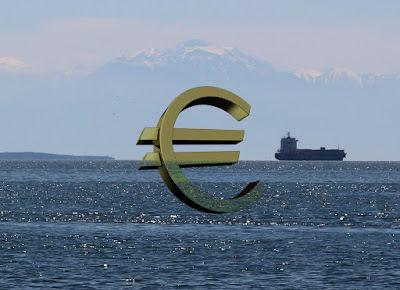While watching on television (especially Al Jazeera, which had the best coverage) the "revolutions" enfold in Tunisa and Egypt, I have been wondering what triggered those dramatic but welcomed events. According to a lot of journalists, a significant cause was economic conditions: rising unemployment, low growth, high inflation. Hence, the person who started the Tunisian revolution was supposed to be someone who couldn't sell his production and put himself in fire in despair. So how exactly were Tunisian and Egypt economy faring?
 |
| GDP growth (Source: IMF) |
 |
| Unemployment (Source: IMF) |
 |
| Inflation (source: IMF) |
Well, surprising as it may be, even after a worldwide recession, they were not faring too bad. Output growth was reasonably high (5.3% in Egypt and 3.8% in Tunisia) and rising in 2010. Unemployment has only increased by 1% since the 2007 and is still on a long-term declining trend. Inflation was only high in Egypt (above 10%) but not in Tunisia. So we can conclude that on the contrary, the economic situation of these two countries were not so bad but rather were following a positive trend of increased wealth. Could it then be that the Tunisians and Egyptians simply wanted more political freedom?





On this topic, you can also look at this:
ReplyDeletehttp://www.economist.com/blogs/dailychart/2011/02/daily_chart_arab_unrest_index
Probably economic indicators don't give the full picture, but they could be added to this index I suppose...